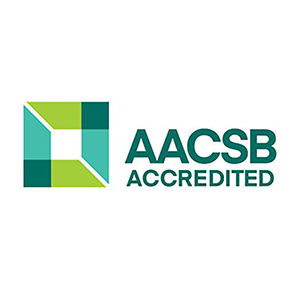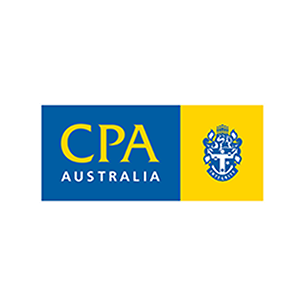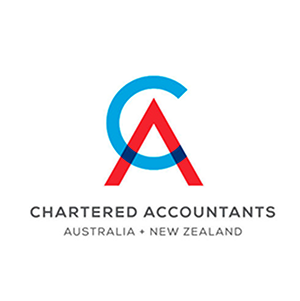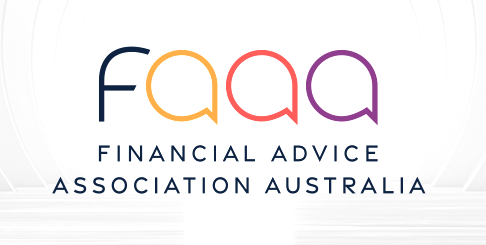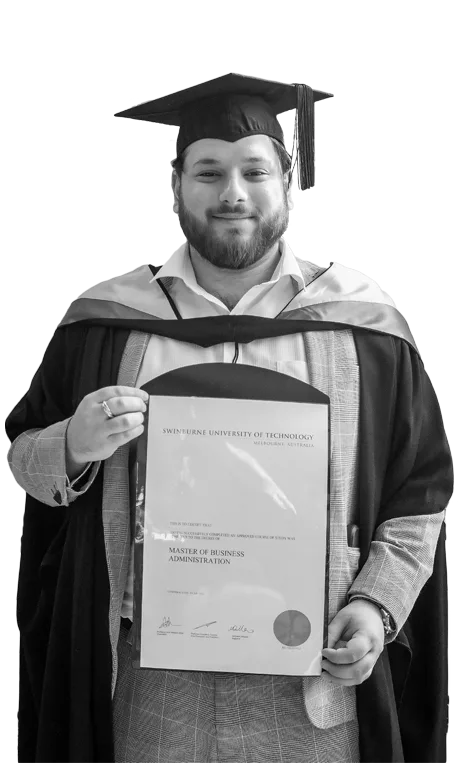You are supported at every stage of your journey with Swinburne Online, from enrolment and your first day through to graduation. Our dedicated teams are here to help you stay on track, feel confident, and succeed in your studies.
Support tailored to you:
-
- Our Student Advisors are your go to guides, available 7 days a week to support you with course planning, technical support, and other any questions you may have along the way.
- Our Online Learning Advisors (OLAs) will support you in every unit with unit information, learning materials, assessments, and referencing.
- Our Student Coaches will help you build motivation, set goals, and develop effective study habits so you can stay focused and succeed.
With ongoing access to support, tools, and resources, you are never studying alone with Swinburne Online.
Indigenous Student Services
Access opportunities. Get tailored support with your studies. Thrive as an Indigenous student with the team at the Moondani Toombadool Centre.
Moondani Toombadool means ‘embracing teaching and learning’ in the Woiwurrung language of the Wurundjeri People. Established in 2018, the Moondani Toombadool Centre (MTC) handles all Aboriginal and Torres Strait Islander matters at Swinburne. This includes governance, student services, teaching and learning, research, staff, culture and engagement. Student services include but are not limited to:
-
- Dedicated student support services
- Indigenous Academic Support Program (IASP)
- Cultural and engagement programs
- Networking opportunities, career support and much more

